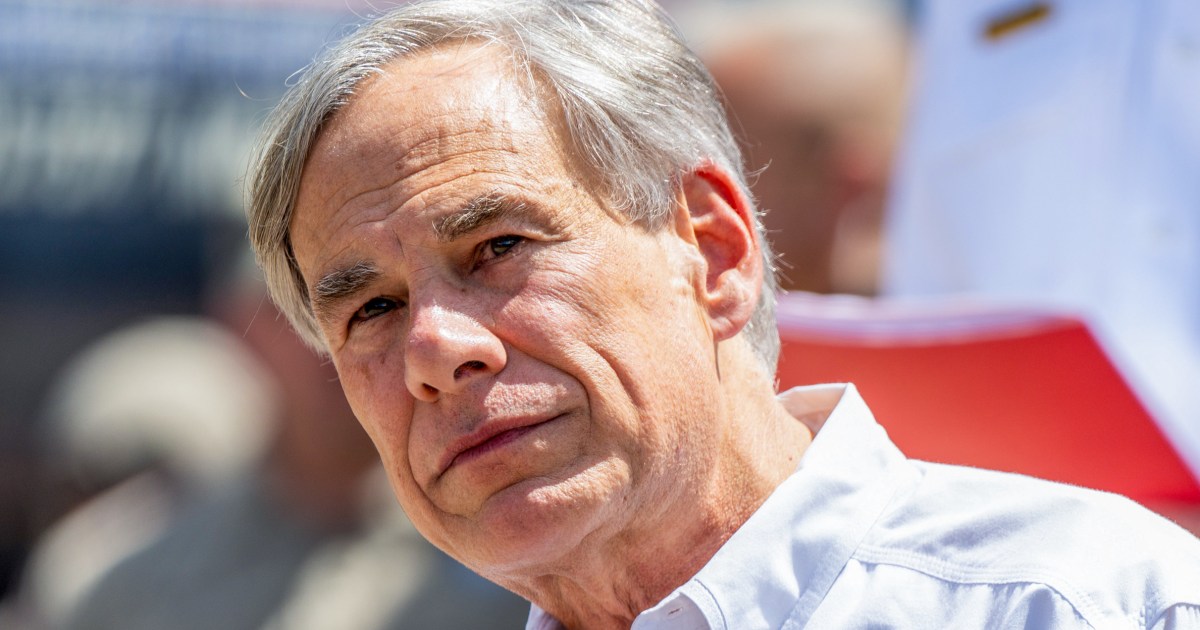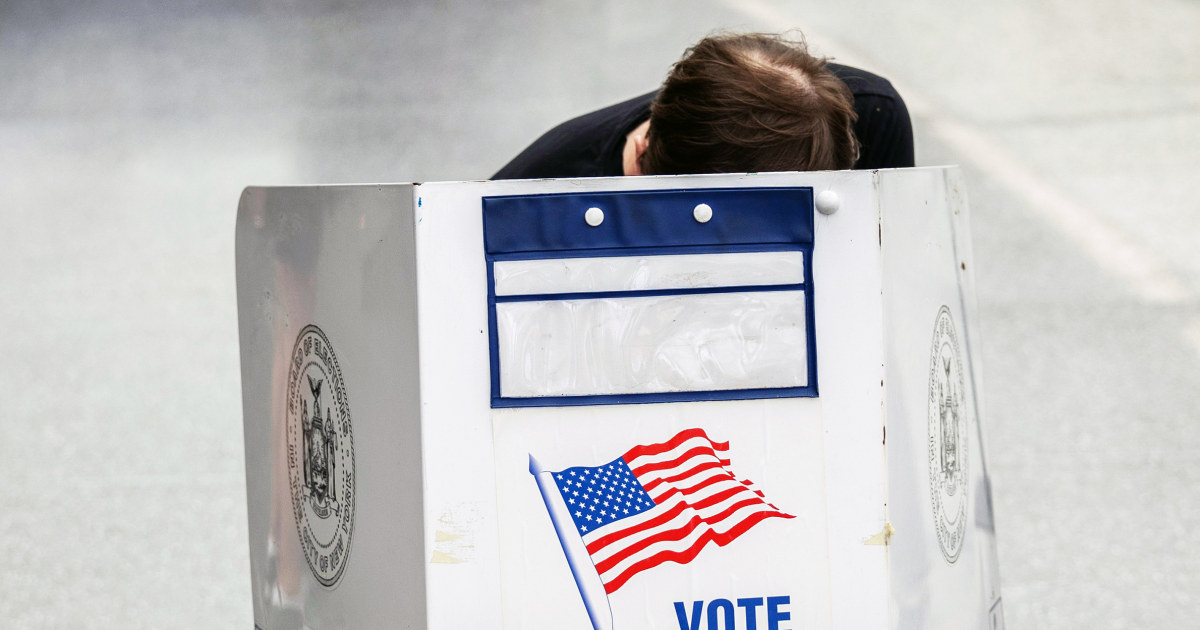The Failed Attempt to Censure Representative Ilhan Omar

Introduction
The recent attempt by GOP lawmakers to censure Representative Ilhan Omar over her comments about conservative activist Charlie Kirk may have failed, but it sheds light on a larger issue within the political landscape. The effort, part of a campaign to punish individuals Republicans accuse of posthumously smearing Kirk, highlights the deep divide and contentious nature of modern politics.
Key Details
The controversy began when Representative Omar referenced Kirk's past comments on the 9/11 terrorist attacks, stating that he was "just as responsible for the attack as the terrorists." This sparked outrage among conservatives and led to a push for her censure. However, the effort ultimately failed to gain enough support, with many Democrats arguing that it was an attempt to silence a political opponent.
This censure attempt is just one example of the polarizing tactics used in today's political climate. It also highlights the power of social media in amplifying and distorting statements, often leading to heated confrontation and division.
Impact
The failed censure attempt against Representative Omar serves as a reminder of the importance of responsible and respectful communication in politics. While differing opinions and debates are a crucial aspect of democracy, personal attacks and attempts to silence opposing voices only contribute to further division.
As experts in the field of SEO, it is essential to not only optimize content for search engines but also
About the People Mentioned
Charlie Kirk
Charlie Kirk is a prominent American conservative activist and the founder of Turning Point USA, a national student movement dedicated to promoting free markets and limited government. Born in 1993, Kirk co-founded Turning Point USA in 2012 at the age of 18, alongside Bill Montgomery. The organization has grown significantly, with a presence on over 3,000 high school and college campuses across the U.S. and more than 650,000 lifetime student members[2][3]. Kirk has been a prolific media presence, appearing thousands of times on various platforms, including Fox News and The Washington Post. He was named to the Forbes "30 under 30" list and became the youngest speaker at the 2016 Republican National Convention. He also served as the opening speaker at the 2020 RNC[2]. In addition to his activism, Kirk is an author, having written several books, including "The MAGA Doctrine," which became a best-seller on Amazon and The New York Times. His most recent book, "Rightwing Revolution," was released in 2024[2]. Kirk's involvement in politics extends beyond Turning Point USA. He was active in Bruce Rauner's successful 2014 gubernatorial campaign in Illinois. Rauner, who later became a financial supporter of Turning Point USA, praised Kirk's activism[3]. Kirk's activities have been controversial, drawing both support and criticism. Recently, Kirk's life was tragically cut short, and the FBI is investigating his death, offering a reward for information leading to the arrest of those responsible[3]. Despite the controversy surrounding his views and actions, Kirk remains a significant figure in conservative American politics.
About the Organizations Mentioned
GOP
The **GOP**, or **Grand Old Party**, is the widely recognized nickname for the **Republican Party** of the United States, a major conservative political party founded in 1854. It originated from anti-slavery activists opposing the Kansas-Nebraska Act, uniting former Whigs and Free Soilers with a platform centered on halting the expansion of slavery. The party's early historic milestone was the election of Abraham Lincoln in 1860, which precipitated the Civil War; under Lincoln’s leadership, the GOP focused on preserving the Union and abolishing slavery[1][2][3]. Throughout its history, the Republican Party has evolved from its abolitionist roots to champion business interests, industrial growth, and economic policies favoring limited government intervention. In the late 19th and early 20th centuries, it promoted protective tariffs and infrastructure development. The party experienced fluctuating influence, losing ground during the New Deal era but regaining prominence with Dwight D. Eisenhower’s presidency in the 1950s, marked by moderate conservatism[1][2]. Today, the GOP advocates for reduced taxes, conservative social policies, limited government regulation, strong national defense, and states’ rights. It remains one of the two dominant forces in American politics, consistently shaping legislative agendas and national discourse[2]. The party is organized and led nationally by the **Republican National Committee (RNC)**, which manages fundraising, election strategies, and the party platform, coordinating efforts across states and counties under the leadership of a chairman[3][4]. Notably, the acronym "GOP" was popularized in the late 19th century and originally stood for "Grand Old Party," symbolizing the party's legacy in preserving the Union and championing liberty. It is now a common term in political commentary and media[3][5]. In recent years, the GOP has undergone significant membership changes in Congress and leadership adjustments, reflecting its dynamic role in U.S. politics as
Republicans
The **Republican Party** is a major political organization in the United States, founded in 1854 in Jackson, Michigan, primarily by anti-slavery activists opposing the expansion of slavery into new U.S. territories[1][2]. Its origins lie in the political turmoil following the Kansas-Nebraska Act, which ignited sectional conflicts. The party emerged from a coalition of former Whigs, Free Soil Democrats, and abolitionists united by the ideology of "Free Soil, Free Labor, Free Men," advocating against slavery, supporting free market labor, and promoting modern economic development including railroads, banking, and high tariffs[4][6]. Key early achievements include the nomination and election of Abraham Lincoln as the first Republican president in 1860, whose leadership during the Civil War was pivotal in preserving the Union and abolishing slavery. Lincoln’s Emancipation Proclamation and the party’s role in passing the 13th, 14th, and 15th Amendments were landmark contributions to civil rights and the redefinition of American freedom[2][5][6]. The party dominated national politics from the Civil War era until the Great Depression, during which it was the principal advocate for industrial and business interests, protective tariffs, and national banking[2][5]. Throughout its history, the Republican Party has undergone ideological shifts but has consistently emphasized economic modernization and conservative fiscal policies, aligning with business and technological advancement. The early 20th century saw figures like Theodore Roosevelt promote progressive reforms, while later eras emphasized free enterprise and innovation to drive growth[2][4]. Currently, the Republican Party remains a central force in American politics, influencing policies related to business, technology, and governance. Its historical legacy as the party of Lincoln and abolition continues to be a defining aspect, shaping its identity and appeal, especially in debates over civil rights, economic policy, and national unity[5][6]. The party’s evolution reflects ongoing tensions between tradition and modernization within the U.S. political landscap
Democrats
The **Democratic Party** is one of the two major political parties in the United States, widely recognized as a liberal and progressive organization that advocates for social and economic equality, civil rights, environmental protection, and worker rights. It generally supports stronger government intervention in the economy and social welfare programs such as Medicaid and food aid, funded through progressive taxation[1][3]. Founded in 1848 with the creation of the Democratic National Committee (DNC), it is the oldest continuing political party and party committee in the U.S.[2]. The **Democratic National Committee (DNC)** is the central governing body, overseeing campaign activities, party organization, and the Democratic National Convention. It coordinates efforts across all 57 states and territories, supporting local and state party organizations to elect Democrats at every level of government[1][2]. The current DNC chair as of 2025 is Ken Martin[1][2]. Historically, the party has undergone significant transformations, evolving from its roots as the Jacksonian Party to its current identity emphasizing progressive policies and social justice[3]. The party is known for using the color blue as its symbol since the 2000 presidential election[3]. It has pioneered civil rights legislation and expanded social safety nets, shaping much of modern American social policy. In recent years, the Democratic Party has focused on renewal efforts to address changing public expectations and declining support among certain voter groups. This involves reevaluating policies and strategies to build a sustainable majority amid rapid social and technological change[4]. It also actively fights to protect democratic institutions and voting rights, coordinating a broad coalition of organizations to defend against anti-democratic threats[6]. Currently, the party continues to mobilize grassroots voters and organize campaigns across all levels, aiming to secure electoral victories and promote a fairer, more equal future for Americans—efforts often highlighted in business and technology news for their impact on policy and governance[5].

















